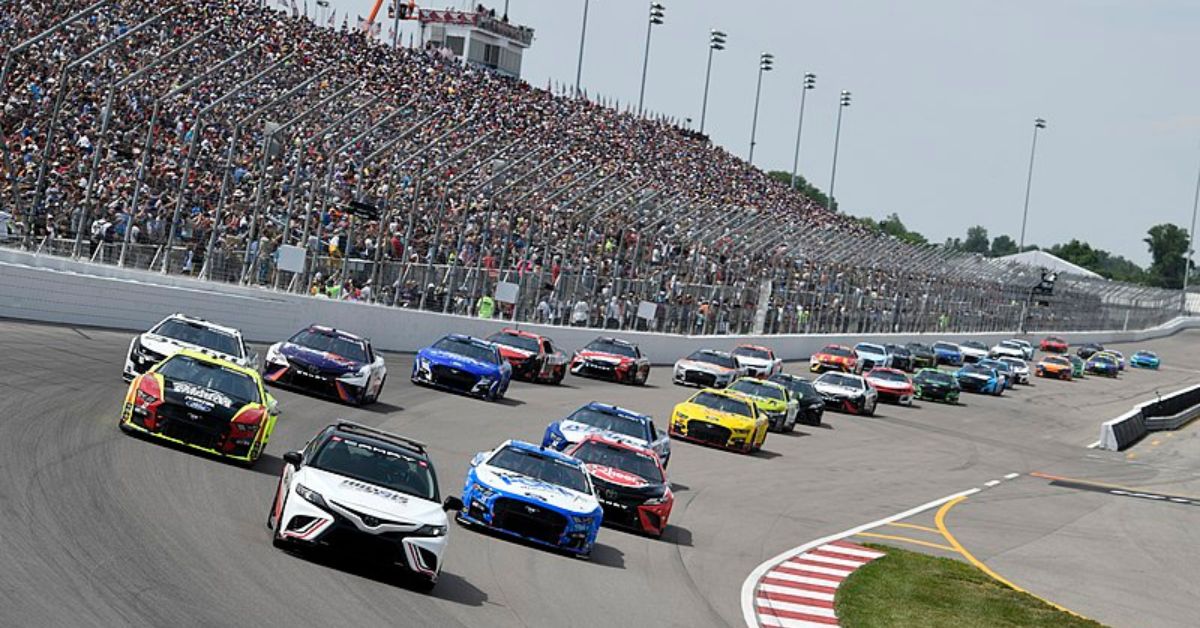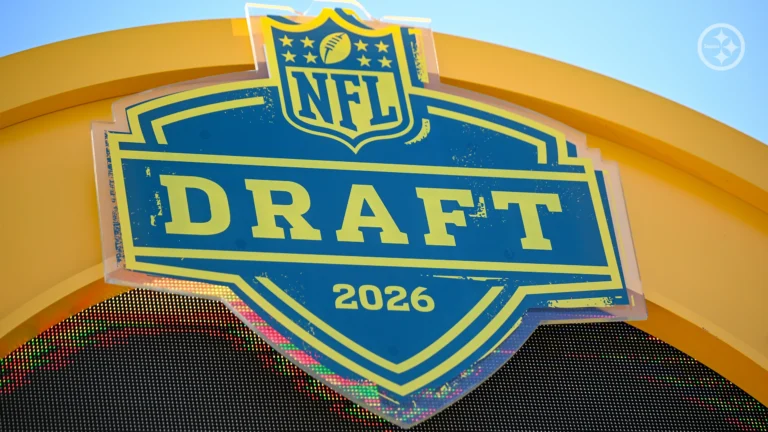
NASCAR fans are a passionate bunch, but one thing most can agree on is their disdain for the playoff format. What was intended to add excitement and a championship showdown has left many fans frustrated and longing for the old days. Here’s a breakdown of 20 reasons why this format drives fans up the wall.
It Feels Unfair to Season Leaders
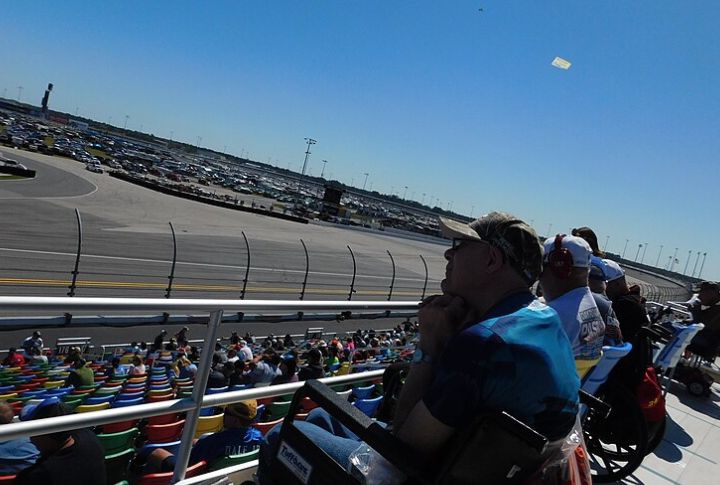
Under the playoff format, a driver can dominate the entire season but lose the championship due to a bad finish in one playoff race. Fans feel it’s unfair that a consistent season doesn’t count as much as a few high-stakes races, robbing deserving drivers of titles they’ve worked all year to earn.
Adds Too Much Randomness

NASCAR’s playoff format places too much importance on just a few races, where luck often plays a more prominent role. A random wreck or mechanical issue in a playoff race can ruin an entire season’s worth of effort. For fans, it’s frustrating that something as small as a flat tire can destroy championship hopes.
Encourages Aggressive, Risky Moves
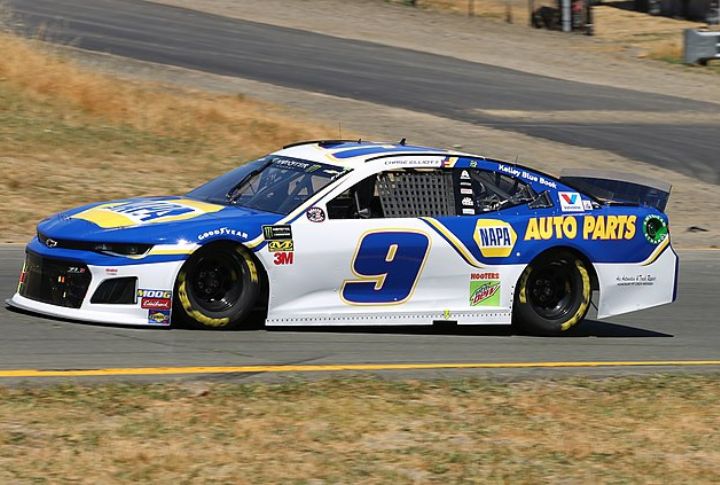
With drivers desperate to advance, the playoff format leads to over-the-top aggressive driving, causing more wrecks and chaos. Fans feel it strays from the skillful racing they enjoy. Watching drivers use desperate moves to bump each other out of contention for points doesn’t sit well with many loyal followers.
Disrespects NASCAR’s History
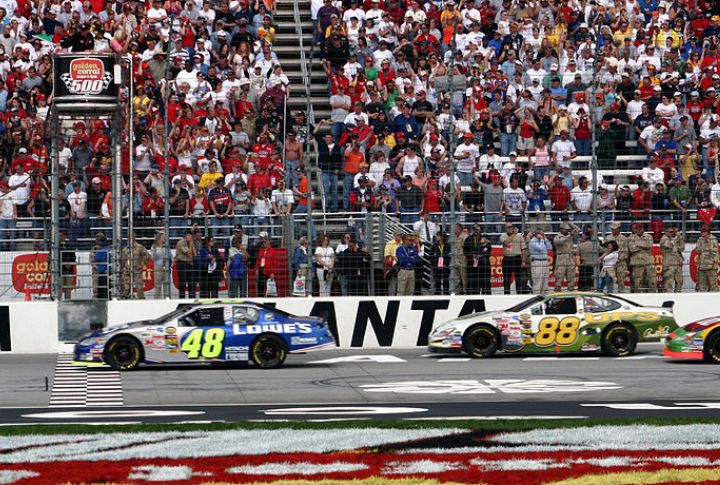
NASCAR traditionally rewarded consistency and endurance over an entire season. The playoff format feels like a gimmick that ignores the sport’s roots. Many fans think it’s a departure from the authentic NASCAR style, replacing the old points-based system with something that doesn’t match the essence of stock car racing.
Unpredictable Champions Don’t Feel Legitimate
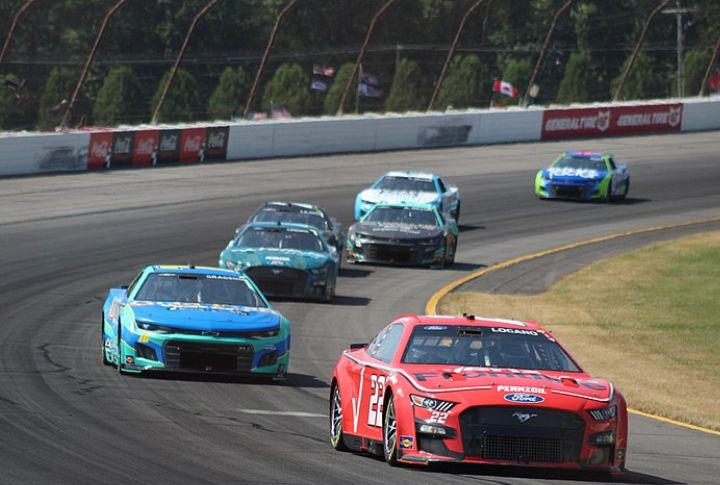
Under the current system, drivers who barely win a single race during the regular season can take home the championship if they perform in the final race. This doesn’t sit right with fans who want to see the best driver of the season crowned champion, not someone who merely got hot at the right time.
Forces Artificial Drama
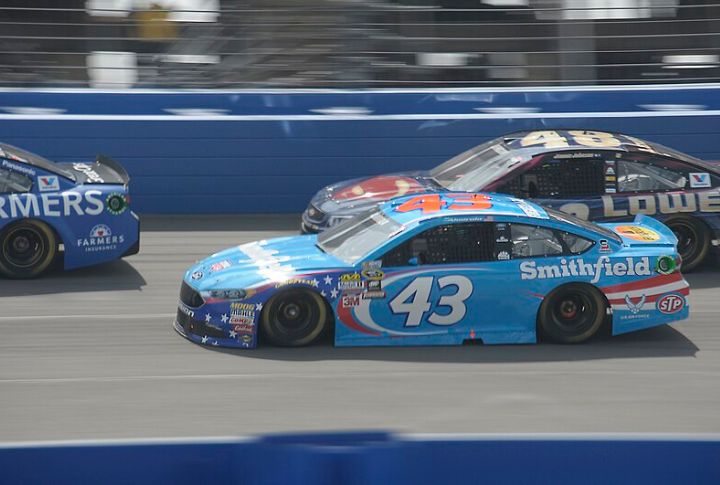
The playoff format was designed to create suspense and excitement, but the drama feels forced for many fans. Every race seems like it’s trying too hard to be a “do-or-die” moment rather than letting natural competition unfold. Fans often feel manipulated rather than genuinely thrilled by the outcomes.
Makes It Harder for New Fans to Follow
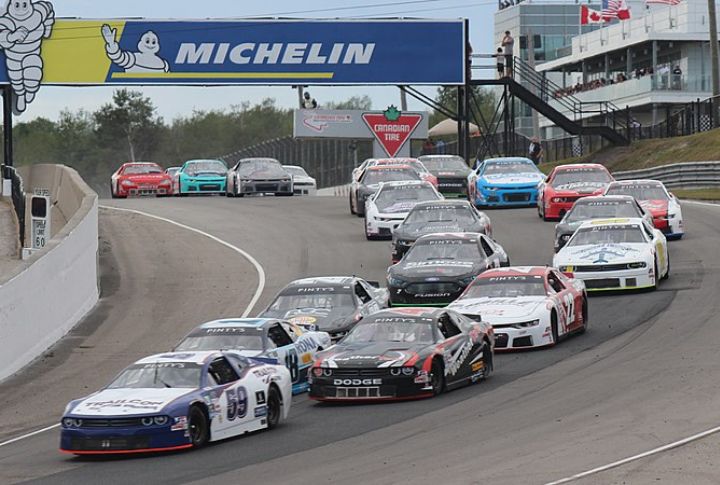
Understanding NASCAR’s playoff structure can be a confusing process for newcomers. With eliminations, points resets, and rounds, the format feels complex and less accessible. Long-time fans argue that it’s hard to explain to a friend and make it difficult for new audiences to appreciate the sport’s intricacies.
Regular Season Feels Less Important
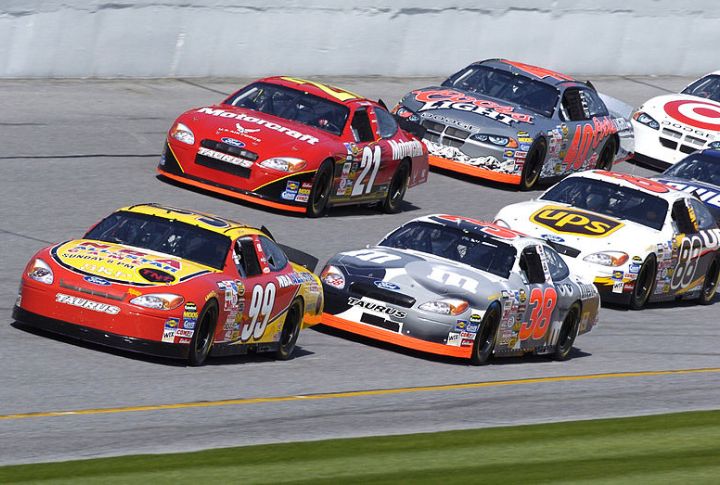
When a whole season boils down to just the final ten races, the rest can feel meaningless. The regular season loses its significance as drivers and fans know that early races don’t impact the championship as much. A lack of weight in every race makes each one feel less critical and exciting.
The Playoff Field Can Be Overcrowded
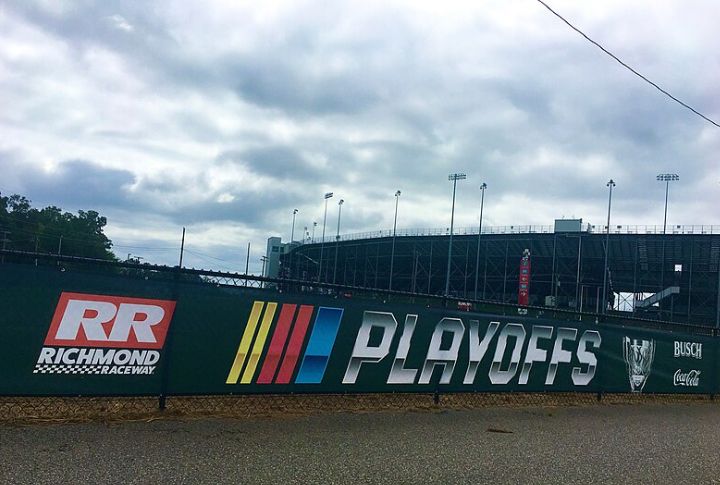
The playoff field includes 16 drivers, which some fans feel is excessive. This large field means that even drivers who haven’t had strong seasons make the playoffs, reducing the prestige of being a “playoff driver.” Some have said they miss the days when only the genuinely top-performing drivers fought for the championship.
Too Much Pressure on the Final Race
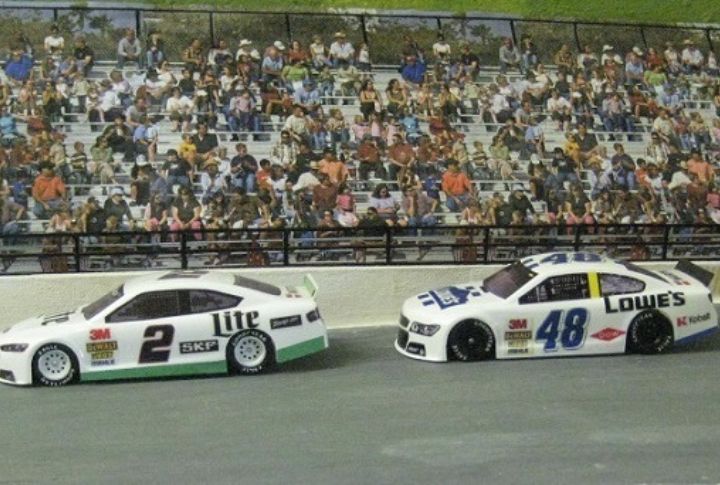
With the current format, it turns the last race of the season into a winner-take-all showdown. While thrilling in theory, this puts immense pressure on one race, often overshadowing the entire season. Fans think it’s too much to ride on a single event, where any mishap can unfairly determine the champion.
Penalizes Consistent, Cautious Driving
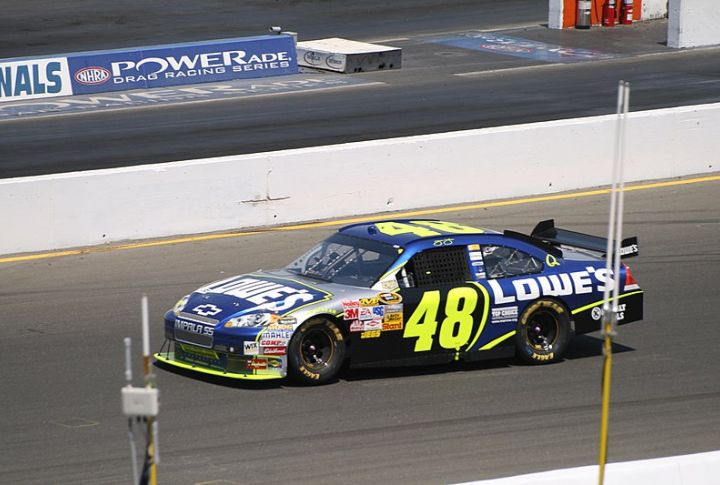
A driver who races consistently but conservatively is often at a disadvantage in the playoffs. The format favors high-risk moves that might work for a few races but don’t necessarily showcase skill over a season. For fans, this penalizes drivers who exhibit true racecraft and high endurance.
Random Resets Feel Unnatural
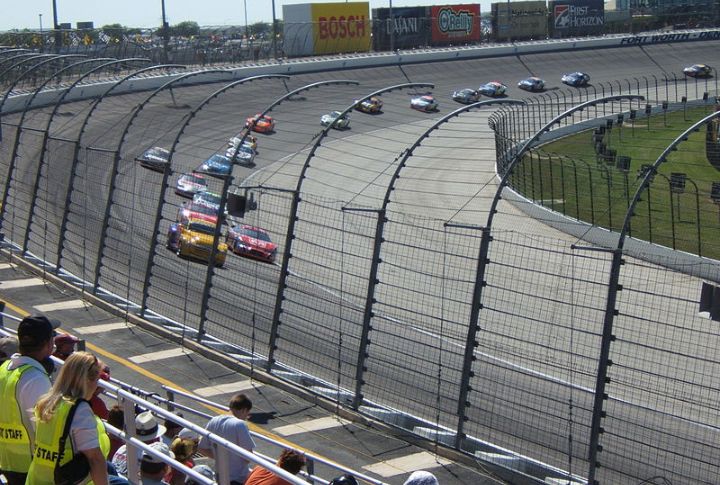
In the playoffs, points are reset each round, erasing any advantage a driver may have earned. This reset system rubs fans the wrong way as it feels arbitrary. Many argue that if a driver has built a lead, they should be rewarded for it instead of having their progress wiped out in later rounds.
Increases Team Tensions
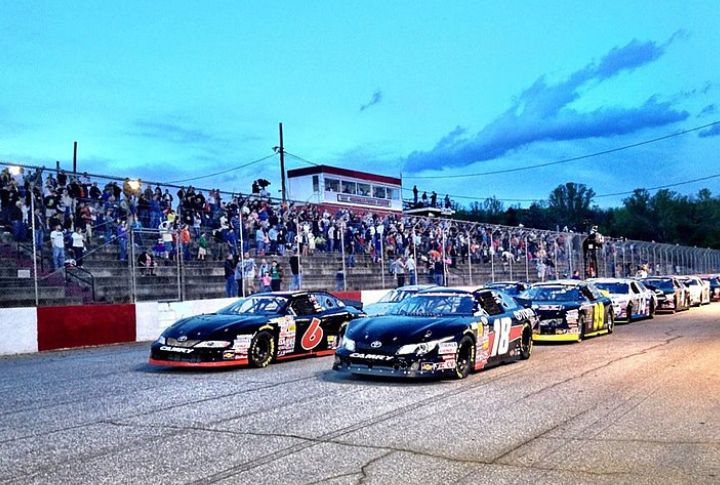
The high stakes and elimination-style rounds can cause strain within teams as they fight to stay in the running. Drivers can become frustrated with their crews over minor mistakes, leading to tension and friction. Most fans miss the camaraderie that was more prominent before the playoff format’s added stress.
Undermines Individual Race Wins
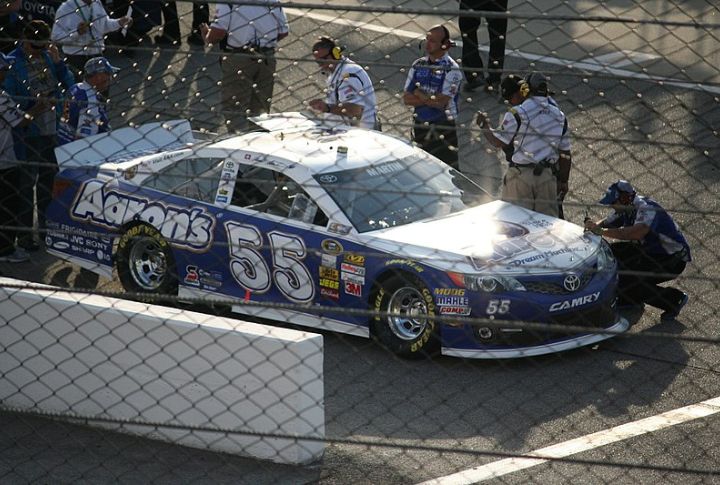
With the playoff structure, individual race wins can feel like mere stepping stones to the title rather than victories in their own right. Fans point out that the impact of a win is diluted, as it’s now more about advancing to the next round than celebrating the win itself. Every race feels less satisfying as a result.
Drivers Outside the Playoffs Are Ignored
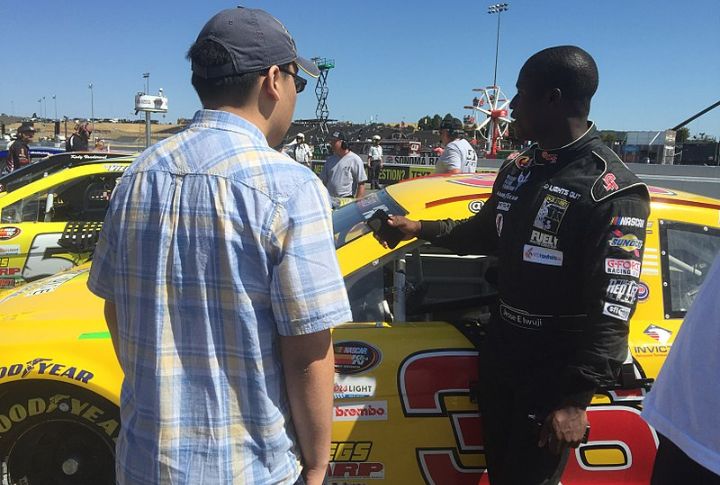
Once the playoffs begin, the focus is all on the contenders, pushing other drivers into the background. Non-playoff drivers’ fans feel left out as the attention shifts solely to championship hopefuls. This shift can make the remaining races feel lopsided—as if only a fraction of the field matters.
The Format Promotes “Wreck and Win” Strategies
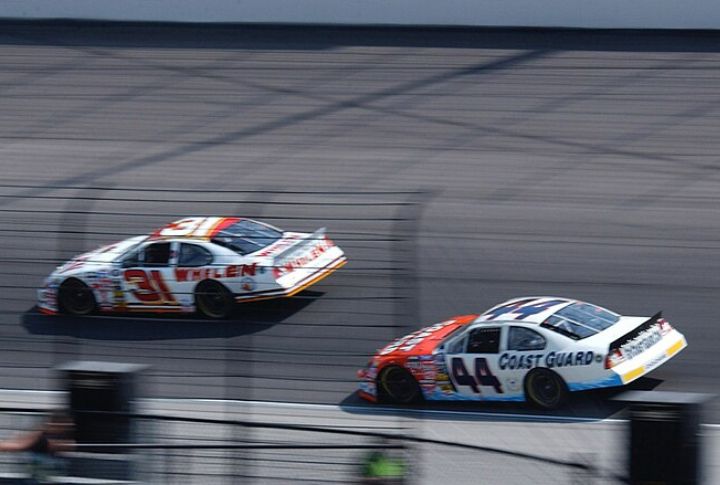
With the playoff format, it has led to an increase in wreck-filled finishes, with drivers taking high risks for the win. Many dislike this “wreck and win” mentality that prioritizes aggressiveness over finesse. For them, NASCAR is about skilled driving, not just chaotic crashes and last-minute gambles.
Rewards Lucky Wins Over Skillful Racing
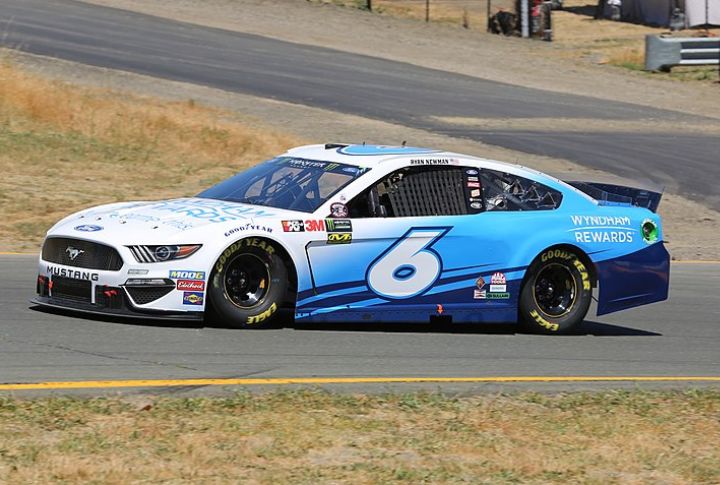
In the playoffs, a single win can give a driver an automatic advance, even if it comes from pure luck. Some people are frustrated by this setup, as it rewards luck rather than consistent performance. For a sport that prizes skill, this luck-based advancement just doesn’t feel like actual NASCAR racing.
Rookies Face an Uphill Battle

The playoff system makes it harder for rookies to compete, as they’re less likely to gain the points needed for advancement. Fans worry that this format discourages the development of new talent. The demanding playoff environment creates barriers that can be demoralizing for young drivers trying to establish their place.
Playoff Intensity Doesn’t Match NASCAR’s Unique Vibe

For many fans, the elimination-style playoff format feels more like a sport such as football or basketball. NASCAR’s distinct culture has always been about endurance and strategy over a long season, not sudden-death rounds. Some argue that the format doesn’t fit the soul of stock car racing.
The Format Favors Big Teams with Big Budgets

Playoffs often highlight the difference between big-budget teams and smaller ones, as the high stakes require top-tier resources to stay competitive. The fans of smaller teams feel their drivers are left at a disadvantage, which makes it seem like only wealthy teams have a real shot. This turns the playoffs into a cash-driven event.


